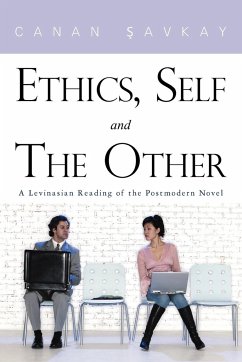Examining the impact of poststructuralist theories on the writings of four of the most eminent contemporary novelists, this book argues that the postmodern approach to language has given rise to fiction's ongoing exploration of ethics and the relation to the Other. In a globalised world that is marked by cruelty and intolerance, the contemporary novel appears to be preoccupied with ways to explore the reasons for violence and to find alternative ways for reconciliation. This book undertakes an in-depth study of the fiction of four leading contemporary novelists and draws attention to the ideas they share with the philosopher Emmanuel Levinas. Although Levinas's concept of ethics is mainly based on the responsibility to the other person and therefore appears to be confined to an interpersonal level, it should be noted that Levinas's philosophy emerged from personal suffering during the Nazi regime. Having to witness the cruelty that man can inflict onto others, Levinas developed a philosophy that revolves around the responsibility of the self for the other person. This book undertakes a close text analysis and reveals how the novels in discussion share with Levinas the view that political and social justice has to start with the personal relation to the other.
Bitte wählen Sie Ihr Anliegen aus.
Rechnungen
Retourenschein anfordern
Bestellstatus
Storno








